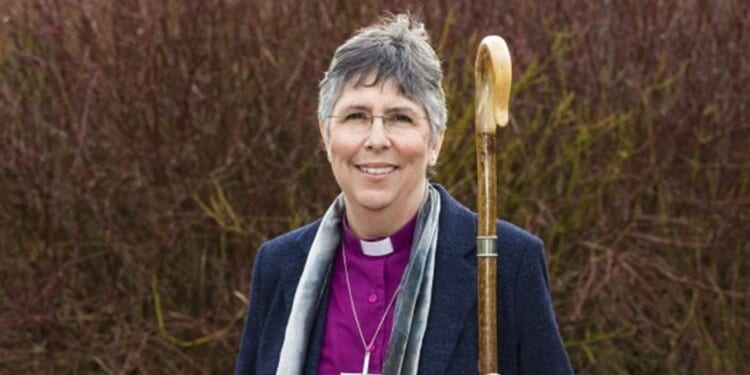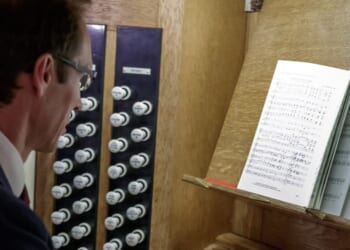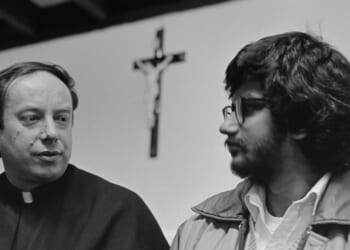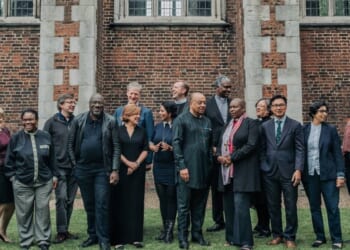SUNDAY WORSHIP (Radio 4) opened with the interesting juxtaposition of the Irish tune Slane being sung with Persian words. The service came from St Aphrahat the Persian Sage, a Farsi-language Anglican congregation in Stockport. Most of the service was, however, in English, apart from the brief musical introduction, and the hymn “Jesu, Lover of my soul”, sung in Farsi to Aberystwyth.
Most of the congregation converted to Christianity from Islam as adults, including Canon Omid Moludy, the priest who led the service. Members spoke of house churches that had had to worship in whispers in case they were overheard, and lives spent constantly looking over their shoulder. A great benefit of coming to Britain, usually as adult refugees and at tremendous personal cost, was simply to be able to worship without fear.
The preacher was, appropriately, the Bishop of Chelmsford, Dr Guli Francis-Dehqani, who reminded us of the faithful Anglican Church in Iran, still surviving despite suffering from considerable strictures, as well as the thriving underground church movement whose adherents almost certainly outnumber many times over those in the officially tolerated churches. She said that it was difficult to say exactly how or why this movement had emerged, but a story that she had heard from many converts was that, after gathering disillusion with official state Islam, they had been drawn to Christianity through personal encounters with Christ, through reading the Bible, and even through dreams and visions.
It has been obvious for years that something extraordinary is happening in Iran, and yet, although many Anglican congregations here have Iranian converts as members, the story is remarkably little known, even among British Christians, let alone the wider population.
In Beyond Belief (Radio 4, 7 October), Canon Giles Fraser explored the phenomenon of prison conversions. The first person he interviewed was Tony Winter, whose journey out of drug-dealing and violence began while he was reading a Gideon New Testament while stuck in a segregation cell with a constant cannabis-smoker. Finding that prayer gave him the capacity to resist the offer of a spliff piqued his interest; but it was when Jesus told off the brood of vipers that he felt God speaking to him personally for the first time.
A former prisoner, turned pastor, Mick Fleming (Books, 24 February 2023), acknowledged that the fear and hopelessness that prisoners felt could be what pushed them to turn to faith in desperation. But faith can wax and wane, and the psychotherapist Jackie Oglethorpe warned mainstream churches to be alert to how they could support newly Christian prison-leavers. Mr Fleming reported that most churches were “horrendous” for ex-prisoners.
If churches are not interested, then others will be. The most common faith to which British prisoners convert today is not Christianity, but Islam, some motivated by the structured nature of that faith, some by the care and support received from Muslim charities for prisoners’ welfare.

















